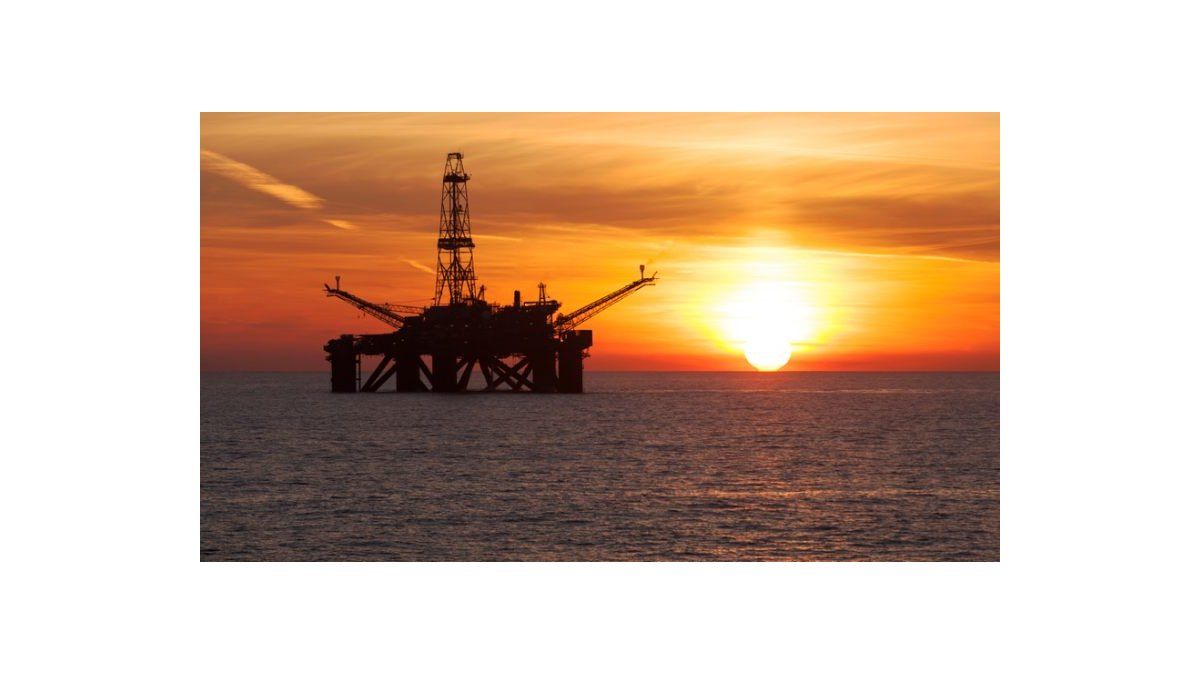The meeting was closed with the words of the Secretary of Climate Change, Cecilia Nicoliniwho summarized that “activities that promote the country’s growth must unfailingly be carried out with care for the environment.”
As of this Friday, each of the interventions of the audience will be reflected in a final report that will be prepared by technical teams from the Ministry of Environment and Sustainable Development.
“Each intervention was recorded and qualified and now we will work on its quantitative and qualitative analysis to reflect the considerations, positions and information transmitted by the citizens,” Nicolini said.
After this participatory instance is finished, with the publication of the reports and the corresponding resolution, a new intervention is given to the Secretary of Energy and the company Equinor to express themselves on the content of the hearing.
https://twitter.com/IAPG_Info/status/1583478292996583424
Today the third and last day of Public Hearing 1/22 of the Ministry of Energy and Sustainable Development takes place. This was yesterday’s day pic.twitter.com/GNbm2YXUHi
— IAPG (@IAPG_Info) October 21, 2022
In a last step, the technical areas in charge of carrying out the environmental evaluation of the project will prepare a final technical review report which will include the environmental impact study already presented together with the technical interventions of all the government areas consulted and the opinion of the citizenship.
“This will lead to the environmental impact statement,” Nicolini explained at the closing.
The Secretary thanked those who were present during these days with their testimonies: the authorities of the Ministry of Environment and Sustainable Development, the Secretary of Energy, the Government of the Province of Buenos Aires, authorities of the proposing companies, State Organizations, Conicet, the scientific community, civil organizations, trade unions and leaders of the sector and environmental movements who spoke in a personal capacity.
The consultation sought to put the results of the environmental impact assessment for the drilling of an exploratory well Argerich-1, in the CAN-100 area of the North Argentina Basin, located 307 kilometers from the city of Mar del Plata, into the public’s consideration. .
According to official data, 464 people registered, of which 266 presented their presentations, 42 joined other exhibitions, 24 renounced the use of the word and there were 120 absences.
“As a large majority of the exhibitors have pointed out, the activities that promote the country’s growth must unfailingly be carried out in harmony with caring for the environment,” Nicolini said.
“To guarantee this objective, we must strengthen our environmental assessment processes and enhance these tools over time, and that, in addition to a commitment from the State, requires the effective and full involvement of citizens,” added the official.
The hearing began on Wednesday with the participation of the Secretary of Energy, Flavia Royón; the Undersecretary of Hydrocarbons, Federico Bernal, and his Industry peer, Priscila Makari.
Meanwhile, for the province of Buenos Aires, the Minister of Production, Science and Technological Innovation, Augusto Costa, his Environment counterpart, Daniela Vilar, and the Undersecretary of Energy, Gastón Ghioni, made presentations.
On behalf of the speaker companies, YPF was represented by its CEO, Pablo Lulliano; the vice president of Conventional Upstream of YPF, Gustavo Astié; YPF Exploration Manager, Fernanda Raggio; and the manager of Sustainability and Energy Transitions, Silvina Oberti.
https://twitter.com/IAPG_Info/status/1571825536640458758
Meanwhile, the company Equinor, operator of the block, was represented by its country manager in Argentina, Nidia Álvarez Crogh; and Guillermo Ramires, its Operations Manager.
The Argerich-1 exploratory well is the first deepwater well to be carried out 300 kilometers offshore, in the CAN-100 block, operated by Equinor in consortium with the companies YPF and Shell Argentina.
Preliminary studies carried out by YPF consider that there could be a deposit with the capacity to produce 200,000 barrels of oil per day, equivalent to almost 40% of the oil that Argentina produces today.
According to announcements made at this Hearing by the CEO of YPF, the findings in the sea could be equivalent to everything that YPF produces today as a whole.
Source: Ambito
David William is a talented author who has made a name for himself in the world of writing. He is a professional author who writes on a wide range of topics, from general interest to opinion news. David is currently working as a writer at 24 hours worlds where he brings his unique perspective and in-depth research to his articles, making them both informative and engaging.




